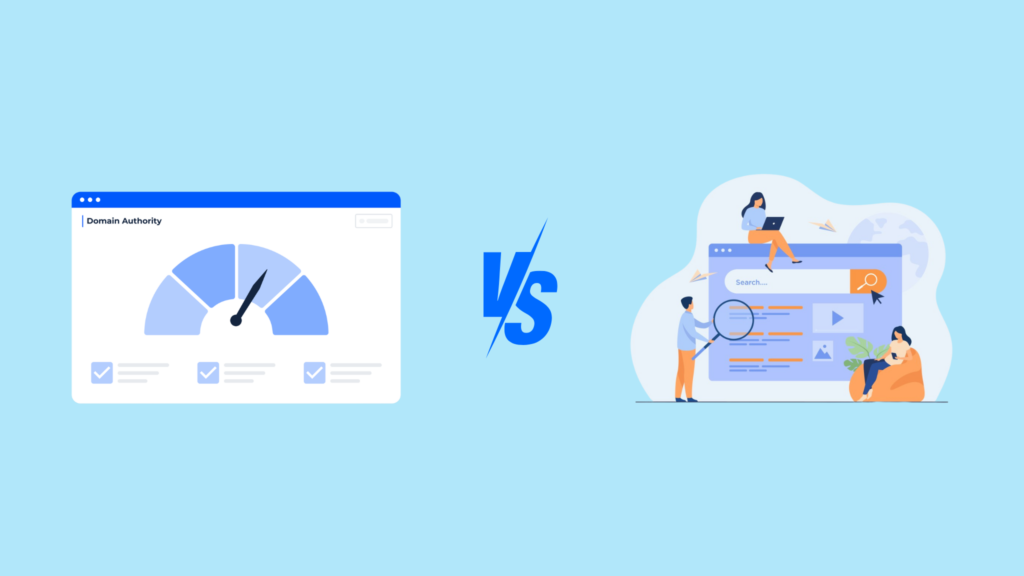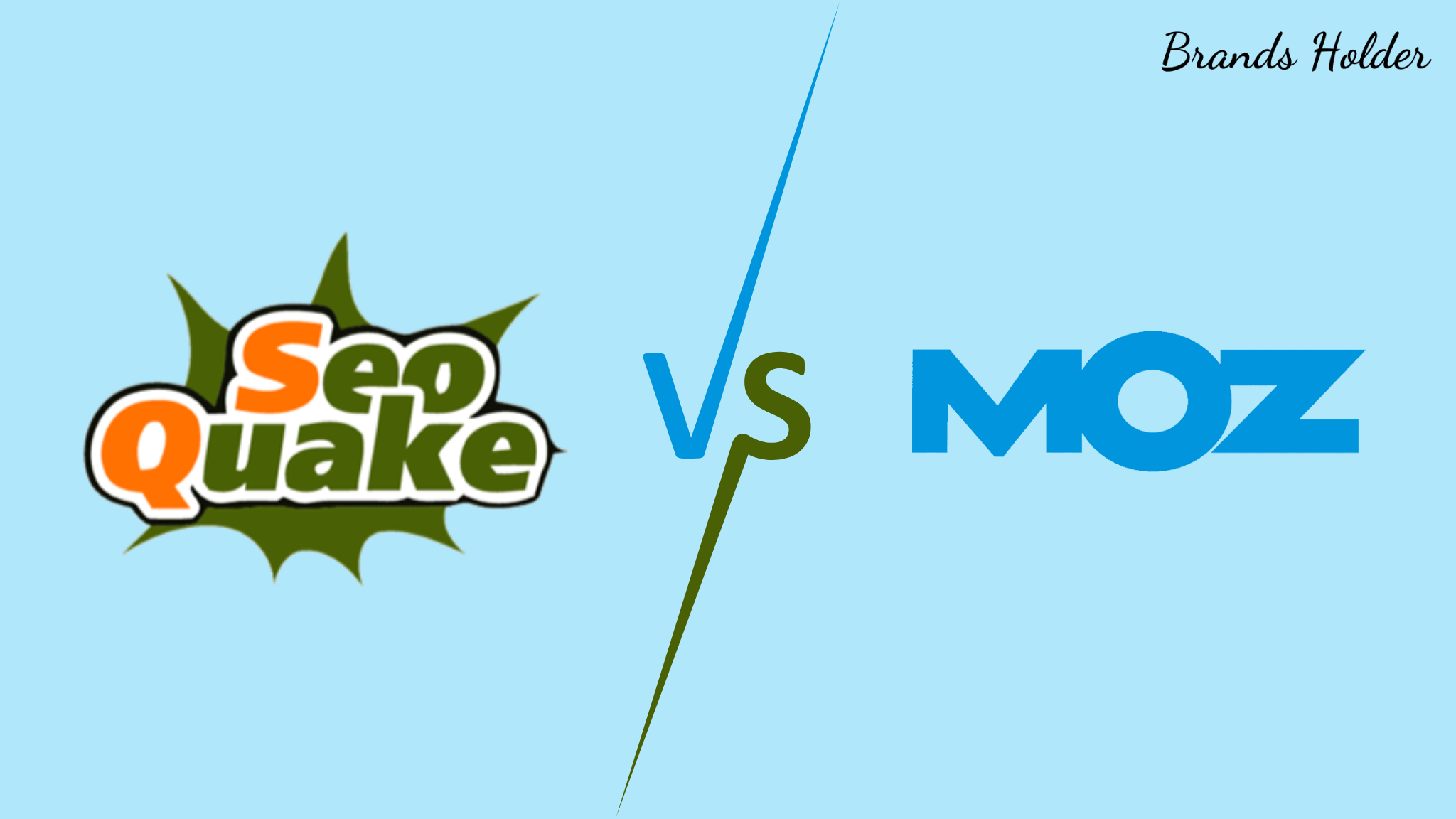In the SEOquake vs. MozBar comparison, MozBar leads with a 4.67% market share and 1,518 customers, while SEOquake has a 0.25% share and 81 customers. Despite this, SEOquake scores a perfect 10.0 from 5 reviews, while Moz Pro is rated 8.1 from 372 reviews.
Both Chrome extensions give you quick access to essential SEO data. MozBar shows Page Authority and Domain Authority scores right away, plus technical details like load times and canonical.
SEOquake focuses on detailed meta-tag analysis, keyword density checks, and real-time SEO audits. This SEO plugin comparison helps you pick the right tool for your website needs in 2025.
The differences between these tools matter more than you might think.
Core Features Face-Off: SEOquake vs. MozBar
MozBar’s main strength comes from its proprietary Domain Authority (DA) metric. The tool uses machine learning to score websites from 1-100 based on ranking potential. You’ll also get Page Authority scores and spam-checking features.
SEOquake takes a different path. The SEMrush-built tool shows you instant SEO stats like keyword density, meta tag details, and full-page audits. You can customize which SEO stats show up based on what matters most to your site.
Domain Authority vs SEO Parameters

MozBar packs multiple link factors into its Domain Authority score through machine learning.
The tool looks at linking domains and total links to create a DA score that matches Google ranking ability. SEOquake focuses on live technical checks instead, showing instant data about meta tags, canonicals, and sitemaps.
Link Analysis Capabilities
Each tool handles link checking differently. MozBar shows linking domains and backlinks for both pages and whole domains.
It counts multiple links from one website as a single linking domain. SEOquake gives you detailed reports about external and internal links, plus a full link analysis dashboard.
SERP Overlay Features
The search results overlay sets these tools apart. MozBar puts Domain Authority, Page Authority, and link metrics right on your search results.
SEOquake shows more stats like Google PageRank, Alexa Rank, and domain age. You can pick which numbers you want to see in your search results.
Real-World Performance Test
Speed tests reveal clear differences between these SEO extensions. My tests with industry tools show exactly how each plugin changes browser speed and data loading.
SEOquake vs. MozBar: Browser Speed Impact
Both extensions slow down browsing during heavy data tasks. SEOquake shows notable slowdown with big data analysis or multiple tools running. Users face occasional crashes and lag, mainly on older devices.
MozBar slows things down when loading lots of data. Simple fixes help manage these issues. Turning off extra extensions and running browser updates fixes most problems.
Data Loading Time
Time-to-first-byte tests show different speeds between tools. Load times matter since search engines count speed for rankings. Testing showed these patterns:
MozBar Speed Stats:
- Fast page authority checks
- Quick domain data loading
- Small server response impact
SEOquake Speed Stats:
- Full data gathering slows things down
- Multiple calculations take extra time
- Browser issues cause occasional delays
The best results need server response under 200ms. Both tools sometimes pass this limit with big data pulls. SEOquake’s detailed checks make SERP analysis slower.
Speed tricks help these tools run better. Clear browser cache often, limit data requests and turn on only needed features. Watch Core Web Vitals to spot speed problems.
Integration and Compatibility
These browser extensions connect differently with other SEO tools. Each option adds extra features beyond basic browser functions.
Moz Pro Connection
MozBar works best with a Moz Pro subscription. Premium users get advanced functionalities like Domain Overview and bigger metric sets.
The Moz Pro link gives you custom setup tips based on your SEO skill level. You’ll see full site checks, error lists, and fix steps right away.
SEOquake vs. MozBar: SEMrush Integration
SEOquake pairs perfectly with SEMrush tools. The connection lets you use SEMrush’s keyword tools and watch your competitors.
Users tap into comprehensive SEO audit tools and search result features. SEOquake fits right into SEMrush’s PPC tools, making ad management easier.
Browser Support
MozBar sticks to Chrome, making it work smoothly through the Chrome Web Store. The tool gives you options like:
- Dark mode settings
- Dock placement picks
- Blocklist controls
SEOquake runs on more browsers – Chrome, Firefox, Opera, and Microsoft Edge. This wide support helps more users, but your browser needs regular updates.
Both tools make user experience count. MozBar plus Moz Pro creates custom reports for your needs. SEMrush integration lets SEOquake pull keyword data and competitor stats right in your browser.
The tools handle features differently. MozBar needs Moz Pro membership for full access, adding Brand Authority checks and bigger Domain Overview features. SEOquake gives basic features free, saving premium stuff for SEMrush users.
User Experience Analysis: SEOquake vs. MozBar
The way you use and learn these SEO tools sets them apart. My tests and user feedback show clear differences in how each tool handles ease of use.
Interface Design
MozBar’s new interface looks clean and makes SEO checks simple. The tool puts most settings on one page, making navigation easy. You’ll see Domain Authority and Page Authority scores right in the toolbar.
SEOquake fits right into your browser window. The tool shows SEO data without extra clicks. The downside? You’ll face 15 different menus in WordPress admin, which might feel like too much at first.
Learning Curve
MozBar helps you learn fast with good training tools. The Help Hub shows you exactly what to do when stuck. Moz Academy teaches you step-by-step how to use every feature.
SEOquake takes seconds to set up. Basic SEO checks work fine, but new users struggle with technical stuff like keyword density and backlink numbers. The tool needs better guides for advanced features.
Both tools shine in different ways:
MozBar Strong Points:
- One page holds all the settings
- Easy-to-read metrics
- Full training through Moz Academy
SEOquake Features:
- Works right in your browser
- Quick setup steps
- Lots of custom options
The best tools make complex SEO simple without dumbing things down. MozBar focuses on smooth navigation and teaching. SEOquake gives quick data access and custom options.
Feature Comparison Table: SEOquake vs. MozBar
| Feature | SEOquake | MozBar |
| Market Numbers | ||
| Market Share | 0.25% | 4.67% |
| Users | 81 customers | 1,518 customers |
| User Score | 10.0 (5 reviews) | 8.1 (372 reviews) |
| Main Features | ||
| Key Focus | Technical checks, SEO parameters | Domain Authority and Page Authority |
| Search Results | PageRank, Alexa Rank, domain age | Domain Authority, Page Authority, link metrics |
| Link Checks | External/internal link reports, full dashboard | Domain and page-level link analysis |
| Speed | ||
| Browser Effect | Slows down with big data checks | Slower with heavy data loads |
| Data Speed | Takes longer due to full data gathering | Quick authority checks, fast metric loading |
| Tool Links | ||
| Premium Tool | SEMrush connection | Moz Pro connection |
| Browser Fit | Works on Chrome, Firefox, Opera, Edge | Made for Chrome |
| Paid Features | Basic features free | Needs Moz Pro for full access |
| Usage | ||
| Layout | 15 menus in WordPress admin | One settings page, a modern look |
| Setup | Quick install steps | Not listed |
| Help Tools | Few tutorials | Full guides (Help Hub, Moz Academy) |
Final Verdict
MozBar and SEOquake each shine in different SEO tasks for 2025. MozBar wins with Domain Authority checks and clean design, while SEOquake excels at technical SEO analysis and works on more browsers.
The numbers favor MozBar with a 4.67% market share against SEOquake’s 0.25%. SEOquake scores perfect ratings, but MozBar’s 372 reviews tell a better story. Speed tests show clear trade-offs – MozBar calculates metrics faster, while SEOquake digs deeper into technical details but runs slower.
Your SEO goals point to the right tool. MozBar fits SEO pros who want quick authority scores and link data, plus Moz Pro’s training helps you learn fast.
SEOquake works better for technical SEO experts checking detailed stats across different browsers, especially if you use SEMrush already.
These tools serve different SEO needs perfectly. MozBar gives you a smooth experience with focused metrics. SEOquake offers deeper analysis options. Pick the one that matches your daily SEO work style and technical needs.



